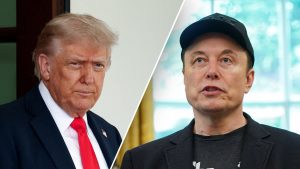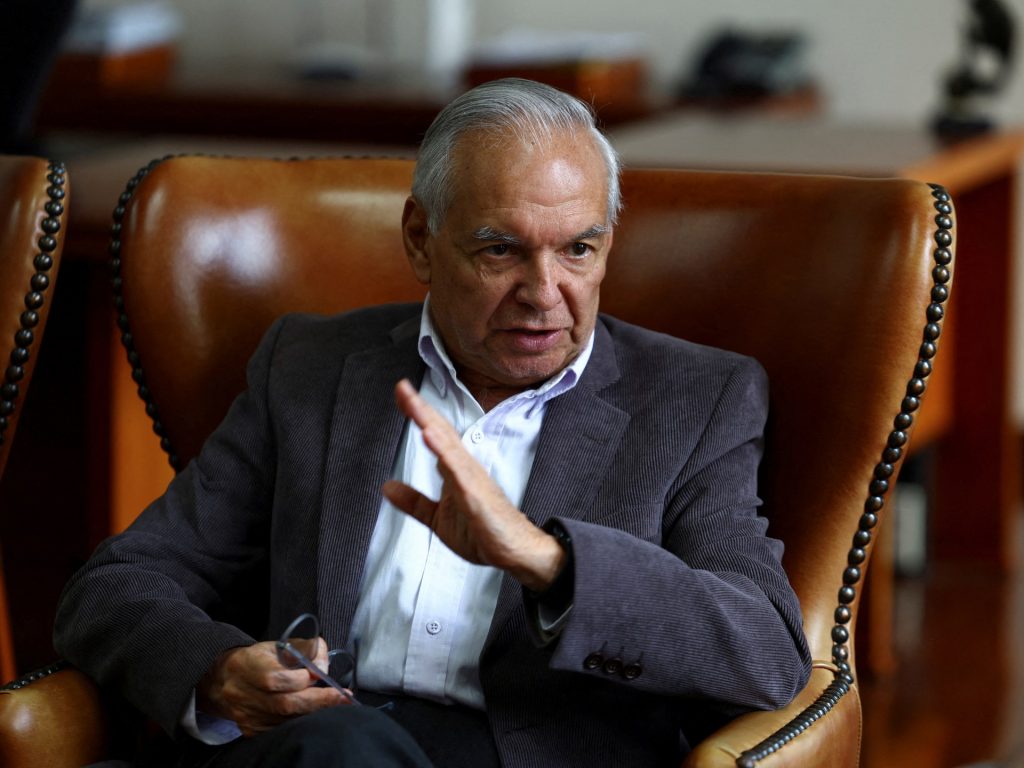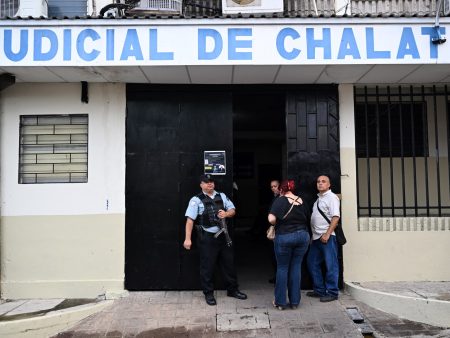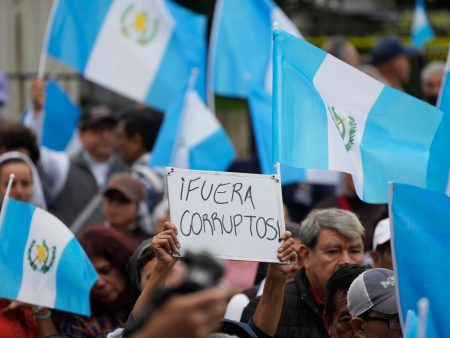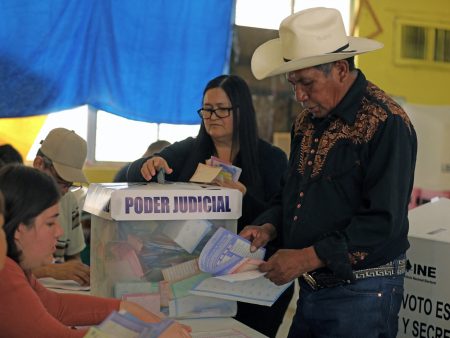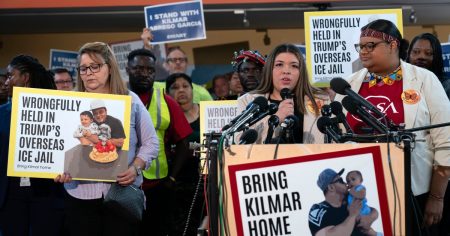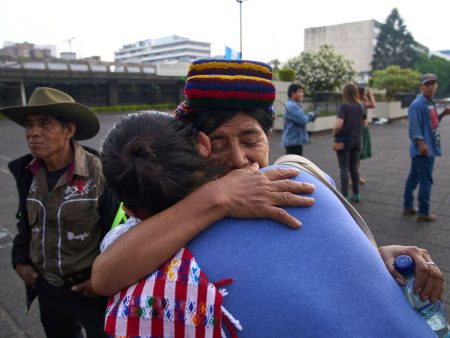The resignation of Finance Minister Ricardo Bonilla marks another chapter in the ongoing controversies and legislative challenges plaguing President Gustavo Petro’s administration in Colombia. Bonilla, who recently faced accusations of misusing funds from the country’s disaster relief agency and alleged involvement in vote-buying schemes, stepped down amid a burgeoning corruption scandal. Despite these allegations, Bonilla maintained his innocence, asserting through social media that he departed with his “head held high” and possessing the belief that he could prove his integrity. His statement emphasized his commitment to transparency and truth, rejecting claims of any wrongdoing.
President Petro has encountered a series of scandals since taking office as Colombia’s first left-wing president in 2022, yet he publicly expressed support for Bonilla, deeming the accusations against him unfair. Petro’s defense of Bonilla included acknowledging the pervasive corruption issues in Colombian politics and law, thereby contextualizing the resignation not merely as an acceptance of guilt but as part of a larger struggle against systemic issues. The transition of leadership within the finance ministry continued immediately, with Petro appointing Diego Guevara, the vice minister of finance, to succeed Bonilla later that same day.
Bonilla’s tenure was already complicated; he was the second finance minister to serve under Petro after José Antonio Ocampo was dismissed in an earlier cabinet reshuffle. The allegations against Bonilla emerged from an investigation conducted by the public prosecutor’s office concerning significant contracts linked to the National Unit for Disaster Risk Management (UNGRD). This investigation uncovered troubling details, including contracts worth $10.5 million for defective water tankers intended for La Guajira, a region with a dire need for drinkable water. The situation was further complicated by claims regarding illegal influence, linking Bonilla’s actions to those of high-ranking federal officials, amplifying the scrutiny surrounding his leadership.
The backdrop for this investigative scrutiny included accusations of bribery and illicit enrichment directed at Bonilla, which were further fueled by testimonies from individuals within the UNGRD, including its former deputy director Sneyder Pinilla. As a witness in the ongoing case, Pinilla’s disclosures about a “criminal structure” implicating officials tied to the agency intensified the focus on Bonilla, although the president maintained that these allegations were unfounded. In the context of his administration’s broader struggles against corruption, Petro has consistently defended his cabinet, positioning these legal investigations as part of a calculated effort to undermine his government.
The political landscape for Petro has become increasingly precarious, illustrated by potential campaign finance violations that were announced in October concerning his historic electoral campaign. Petro framed these investigations as acts of sabotage, suggesting a coup attempt to derail his presidency. This perspective highlights a recurring theme for the president: the attribution of political challenges to conspiratorial forces aimed at destabilizing his governance. Such claims have surfaced amidst a tangled web of scandals involving members of his family and administration, contributing to an atmosphere of distrust that clouds his efforts to implement key policies.
In addition to the fallout from Bonilla’s resignation, the controversies surrounding Petro’s son, Nicolas Petro, who faced house arrest for alleged financial improprieties, further burden the administration. The president described these multilateral investigations as attacks on his government’s economic policies, indicating a belief that disparate allegations were coalescing in a coordinated effort to threaten his administration’s legitimacy. This perception of interconnected scandals illustrates the complex relationship between political ambition and corruption in Colombia, fueling both public skepticism and governmental uncertainty as Petro continues to navigate the turbulent waters of his presidency.
